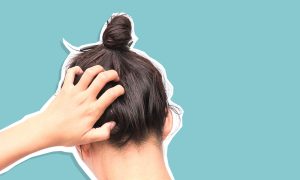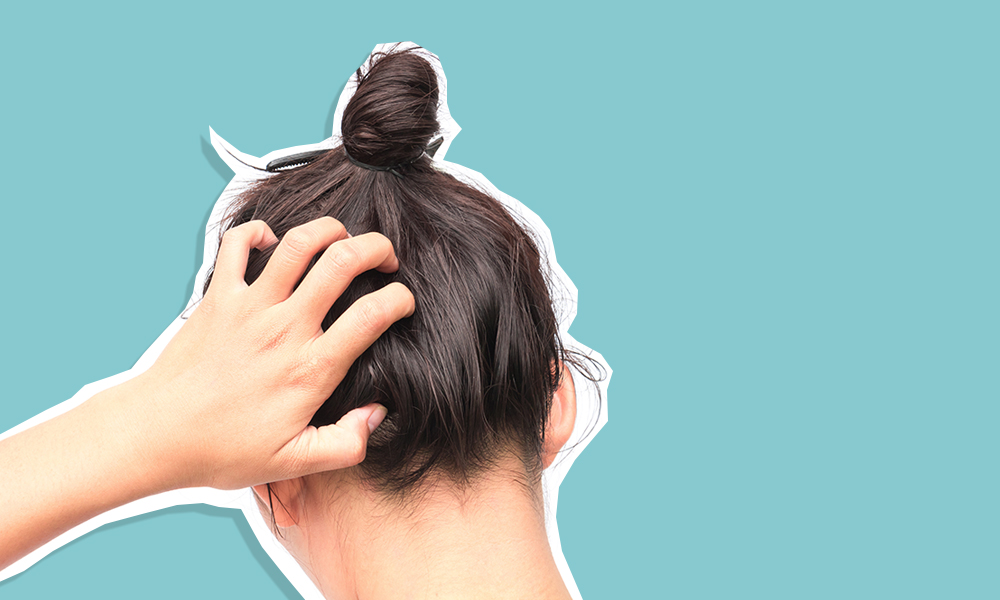Itching, flaking, and irritation are symptoms of dry skin, which are caused by a lack of the oil that keeps your skin moisturized. The same symptoms can occur if your scalp becomes dry. The causes are as follows:
Too Much Cleaning
Washing your hair every day can deplete the natural oils that your scalp needs to stay hydrated. The type of hair you have determines how often you should wash it. People with coarser hair could perhaps only need to wash it once a week. One needs to wash their hair several times a week. Ask your stylist or dermatologist how frequently you should wash your hair based on its type.
Hair Care Products
After washing your hair, contact dermatitis can help turn red, itch, and flake. When you use certain shampoos, soaps, or other hair products, you will experience an allergic reaction.
 The first step in treating dermatitis is to first find out, which product triggered the reaction. Remove one thing at a time to see if your symptoms improve.
The first step in treating dermatitis is to first find out, which product triggered the reaction. Remove one thing at a time to see if your symptoms improve.
Try not to scratch your scalp. Scratching causes skin irritation and can inflame your symptoms. Apply a wet washcloth to your scalp for 20 to 30 minutes several times per day to relieve itching. You can also use an itching cream.
Weather Variations
In cold climates, the humidity of the air decreases. Cold weather dries out your skin on your entire body, including your scalp. Heat blasting can also be drying.
Use warm water in your shower and bath instead of hot water to keep your skin and scalp moist. Spend only 5 or 10 minutes at a time. Spending too much time in hot water can deplete your skin’s natural oils. You can use humidifier. Wash your hair with a gentle moisturizing shampoo.
Eczema

Eczema is a skin condition that causes your scalp to become dry, red, itchy, and cracked. Atopic eczema is a type of eczema that affects allergy sufferers. Eczema often runs in families, so if one or both of your parents had it, you may develop it as well. Soap, detergent, stress, and seasonal changes can all cause dry eczema patches on your scalp. Dryness may also appear in several parts of your body for example, on your hands, elbows, face, and the backs of your knees. Avoid using harsh shampoos or other products that may aggravate your symptoms.
What Causes Dandruff?

Dandruff is a skin infection caused by a fungus called Malassezia Globosa, which is naturally found on your scalp. The fungus degrades the sebum secreted by the numerous sebaceous glands and produces oleic acid. Half of the world’s population reacts to this by-product, resulting in an itchy scalp, red scales, and white-yellow flakes of dead skin cells.
Your sebum production can fluctuate due to a variety of factors such as hormonal changes, weather fluctuations, product reactions, and even stress. As a result, any of these factors can aggravate your dandruff condition. And dandruff causes inflammation on your scalp, which is where the link between dandruff and hairfall emerges.
Also Read:



